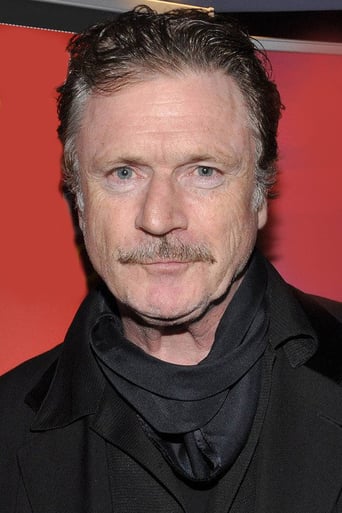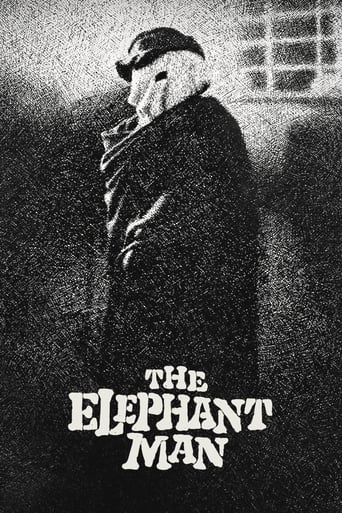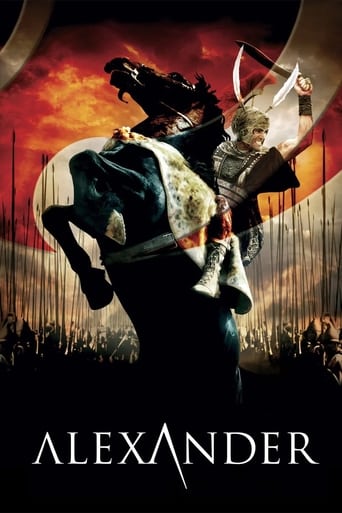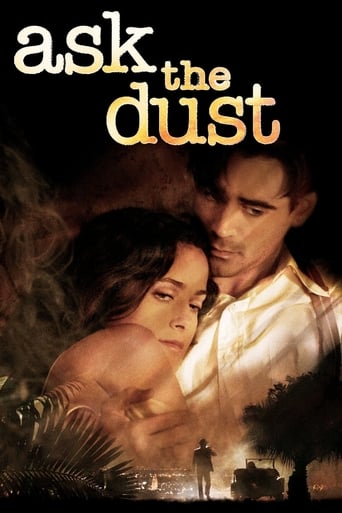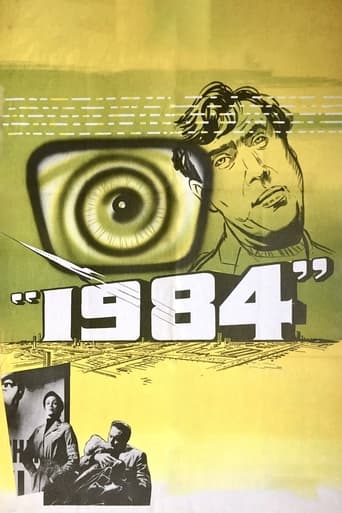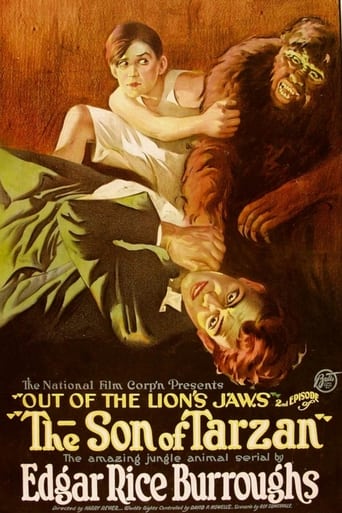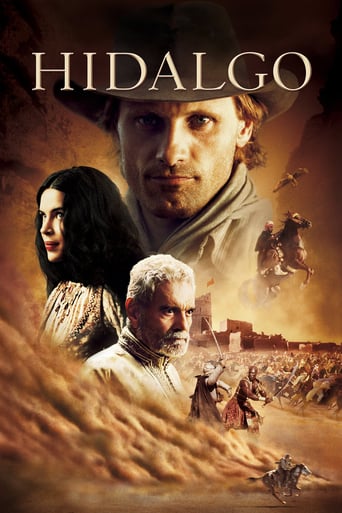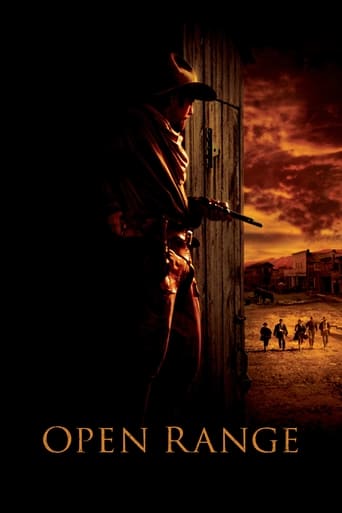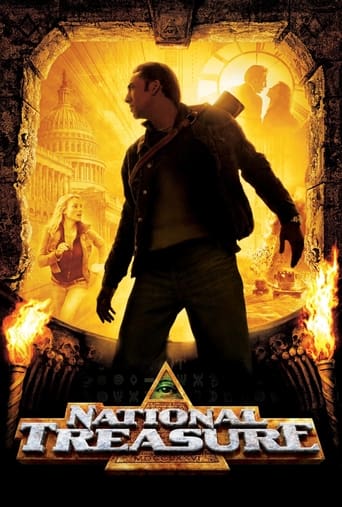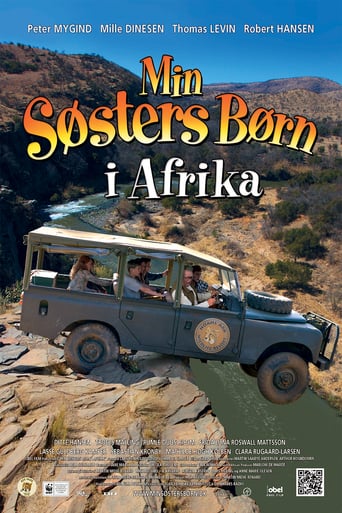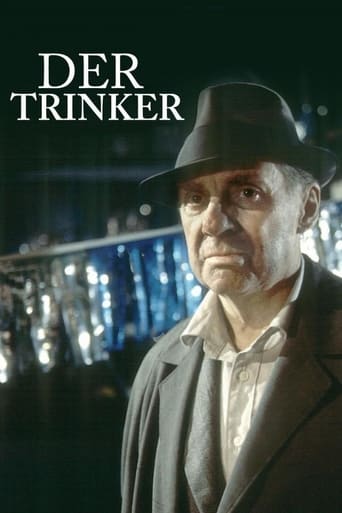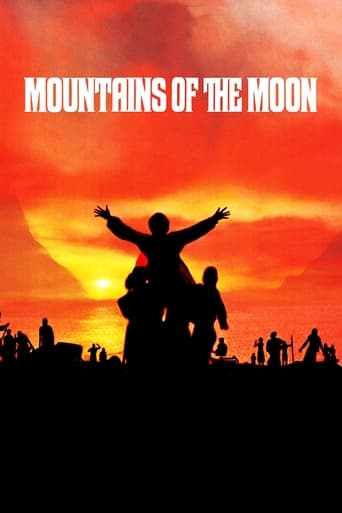
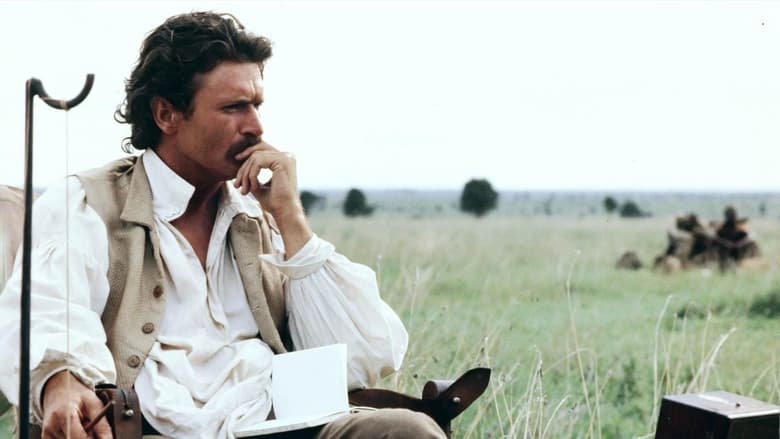
Mountains of the Moon (1990)
The story of Captain Richard Francis Burton's and Lt. John Hanning Speke's expedition to find the source of the Nile river in the name of Queen Victoria's British Empire. The film tells the story of their meeting, their friendship emerging amidst hardship, and then dissolving after their journey.
Watch Trailer
Cast


Similar titles
Reviews
This tale's uniquely distinctive feature is its vivid portrayal of the life and environment of the natives and other tribes inhabiting, or trading in, central Africa during the 19th century.The film was shot by Roger Deakins, who has been nominated thirteen times for an Academy Award for his cinematography, and amazingly has never won. He must be the greatest living exponent of his art. He also had unusual early experience of filming African landscapes.This treatment of the story of Burton and Speke, and their search for the source of the Nile river, has left several viewers, including me, avidly wanting to know more about their relationship, whether Speke committed suicide in 1864, and the fundamental reasons for their apparent falling out. On balance, Burton is presented here as the wronged party, but other factual accounts seem to me to tend to favour Speke, because of Burton's difficult and eccentric personality. His wife, Isabel, was exceptionally devoted, and she is played here by Fiona Shaw, who resembles her strongly in appearance.There is little doubt that Burton was the more remarkable human being of the two, but the question remains open, and it appears that the credit for actually first establishing the source of the Nile must go to Speke. It was ultimately firmly confirmed by Stanley.There is a conflict between Speke's obsessive Victorian imperialism, and Burton's equally obsessive but more academic interest in the world's varieties of communication and ethnicity. Speke names his lake Victoria, but Burton names his lake Tanganyika. A fine film, but the actual facts are worth checking, even if they resolve nothing.
In the Nineteenth Century, the British writer, geographer and explorer Captain Richard Francis Burton (Patrick Bergin) meets the Lieutenant John Hanning Speke (Iain Glen) during a dangerous journey in Africa and after being saved by Speke, they become friends. Soon they team-up to seek the source of the Nile River sponsored by the Royal Geographic Society. Meanwhile Burton meets his fan Isabel Arundell (Fiona Shaw) and they get married to each other. Burton and Speke travel for many months through Africa where they face brutal tribes, diseases, hunger and many other dangers together. Speke finds a lake that he believes it is the source of Nile River but Burton disagrees and believes they need more scientific research to be sure. When they separately return to London, the ambitious publisher Larry Oliphant (Richard E. Grant) stirs up a quarrel between the two friends and Speke travels alone to Africa trying to prove his findings. Will their friendship end? "Mountains of the Moon" is a fascinating adventure with a story of friendship based on a historic event, the journey of Captain Richard Francis Burton and Lieutenant John Hanning Speke to the African Great Lakes. The plot may be not accurate but the film is engaging and the landscapes are breathtaking. The viewer does not feel the 136 minutes running time. My vote is eight.Title (Brazil): "Montanhas da Lua" ("Mountains of the Moon")
If we hope to be educated by film, Mountains of the Moon shows us why that's a slippery slope. Bob Rafelson wanted to make this film for years but he takes liberties about key things, so that means he was looking to tell a very specific story about two people, rather than evoke something of the reality of European exploration in Africa. This is romantic, classical, storytelling. For example:Speke is shown to hesitate when he returns to England before he goes before the Royal Geographical Society, no doubt to show him as a pawn used by his publishers who hope to make a fortune on his findings. In reality Speke hastened back to England.In the end we're told that Speke's theory that Lake Victoria is the source of the river Nile is correct. In reality, the White Nile flows out of a system of lakes in the region, which would mean that Richard Burton's theory was correct. But Speke's betrayal of his friend in the film is so alienating for his character, that his committing suicide is not atonement enough. The film also feels the need to vindicate his theory post mortem.What this means is that Mountains of the Moon takes liberties with fact, but does so in the interest of likable, well-rounded, characters. A lot of the drama is riveting. There's good and bad in them and Speke is not allowed to become the villain. That reveals Bob Rafelson's method here; there's too much 'film' in Mountains of the Moon. Africa is a central character in the same inescapable way the desert is prominent in Lawrence of Arabia, it shapes and moulds the people and spits them back out in Victorian England scarred and tattered, but this story of loyalty, friendship, and betrayal, almost takes place apart from Africa. Rafelson doesn't have the affinity for the mysteries of a new world, at once horrible and wonderful, the capacity to be at awe, as Herzog in his jungle films or Coppola in Apocalypse Now. The landscape is there but Rafelson doesn't quite know what to do with it. He shoots it like it's a studio backlot. The African desert is there but it doesn't have a presence. When the expedition sets off for the interior of Africa, we get bouncy 'adventure' music in upbeat tempos.Then we're taken captives by a local chieftain and the movie takes a turn towards something that reminds me of Cobra Verde, where Klaus Kinski suffers a similar fate off the West African coast, and Cabeza de Vacas, where the sole survivor of a conquistador expedition is held by Mexican indians, elaborate rituals and peculiar ceremonies introduce us to a strange world where ornate violence is at the heart of everything. Rafelson is still doing a movie in the classical sense of the term though, and for that movie little has changed since the 60's when British colonial interests in the area where again depicted in the historical epic Khartoum.If Terrence Malick is filled with lyrical wonder at everything around him in his tale of the settlement of New England in The New World, Bob Rafelson is the complete opposite, he's too banal about the Nile expedition in Mountains of the Moon. En route we get some great images, like the slavetrading party Burton and Speke happen upon. Victorian maps showed the area as a blank spot of terra incognita, but Arab slavetraders had filtered for centuries millions of slaves through to Zanzibar and knew those places. But they're never unforgettable images to burn themselves in my memory. Rafelson's way of making this film is too prosaic for that. Everything else is mostly simplified and simplistic. This is still the type of film where a voice-over narrating a journal takes us through the various steps of a journey. It's not special enough.
I hardly have the words to describe what I think and how I feel about this movie. Except that I find it stunning. The wild scenery where the two characters' friendship is shaped was splendid, absolutely breathtaking. It was so interesting and moving to watch Richard and John evolve around each other and get so close and united when confronted with life-and-death situations in the wilderness. The story revolves around great ideals and principles in an age of innocence, when human bonding, friendship, love, still had that touch of solemnity, honor and oath. It was very sad to see how John's deep feelings for his best, truest friend degenerate under the manipulation of a man with no scruples. The ending was heartbreaking and liberating, at the same time. The highpoint of the film was, in my opinion, when Richard is shown the unfinished bust of his late friend. The loving, nostalgic look and smile he displays while adjusting John's cheek-bones sums up beautifully the entire story of their friendship, and also suggests that John will always be in Richard's heart, as he knew him for real in Africa, when they went through so many things together, despite his naive, reckless betrayal and despite the games of interests that followed when returning to the civilized world. Truly excellent, I highly recommend it to everyone. It works magic for the soul.


